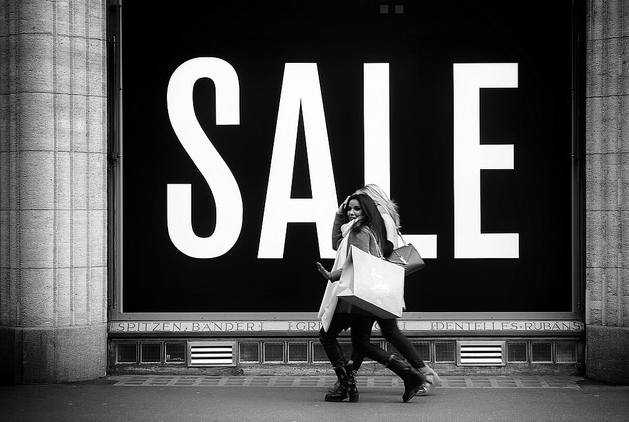The Trouble With Discounts
Pre-Christmas discounting levels have grown for the sixth year in a row, with the average discount on the high street currently at 43 percent. By Christmas Eve, discounting levels are expected rise to a whopping 53 percent. But, whilst this is a good thing for consumers, it's likely a sign of nervousness from the high street.
Can't anyone sell at full price anymore?

Economic uncertainty has defined 2016, and retailers are erring on the side of caution to ensure that they get their slice of Christmas spending. Due to the popularity of consumer events such as Black Friday and Cyber Monday, shoppers have come to expect significant discounts in the run up to Christmas, and retailers fear they will punish them if they don't live up to expectations.
Combined with brick-and-mortar's ongoing battle with online shopping, retailers are really beginning to feel the pressure. Indeed, due to the rise of cheap online fashion, even in June chains were selling only one in three items at full price. In the run up to Christmas, I bet this figure is even higher.
At the same time, consumers are spending more of their budget on experiences such as travel and dining out, and it's not yet known how much gifting such intangibles will impact stores over Christmas time.
In short, it's certainly difficult times for retailers. To fight back, retailers need to be nimble and responsive to new consumer needs. In June, Marks & Spencer CEO Steve Rowe promised to move away from being on-trend and focus on fit. This seems to be a promising approach – the “fit problem” is still a major issue for online sellers.
More than that, stores need to find a way to reclaim consumer loyalty. In a recent article I argued that a possible way forward for department stores is for them to differentiate themselves by stocking smaller, unique brands. A similar ethos could be applied to the high street in general. If brick-and-mortar stores can find a way to offer something (be it an in-store experience, the perfect fit, or unique offerings), then they may be able to attract customers without relying on deals. If they don't – well, who knows?
What do you think? Will the high street survive “deal culture”?
Email me your thoughts?
